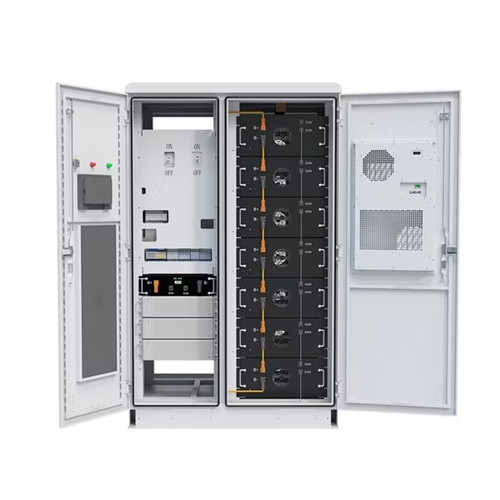About Lithium ion battery and cold weather
As the photovoltaic (PV) industry continues to evolve, advancements in Lithium ion battery and cold weather have become critical to optimizing the utilization of renewable energy sources. From innovative battery technologies to intelligent energy management systems, these solutions are transforming the way we store and distribute solar-generated electricity.
When you're looking for the latest and most efficient Lithium ion battery and cold weather for your PV project, our website offers a comprehensive selection of cutting-edge products designed to meet your specific requirements. Whether you're a renewable energy developer, utility company, or commercial enterprise looking to reduce your carbon footprint, we have the solutions to help you harness the full potential of solar energy.
By interacting with our online customer service, you'll gain a deep understanding of the various Lithium ion battery and cold weather featured in our extensive catalog, such as high-efficiency storage batteries and intelligent energy management systems, and how they work together to provide a stable and reliable power supply for your PV projects.
6 FAQs about [Lithium ion battery and cold weather]
How does cold weather affect lithium batteries?
However, extreme temperatures can significantly affect the performance and durability of lithium batteries. Cold weather, in particular, can cause the battery chemistry to slow down, reducing its capacity and overall efficiency. That’s why it’s essential to take proper precautions to protect your batteries during winter storage.
How to keep lithium batteries warm in cold weather?
One of the most effective ways to keep your lithium batteries warm in cold weather is to insulate them. You can do this by placing them in an insulated container or battery box. These containers are designed to keep the temperature stable, preventing your batteries from getting too cold.
Are ionic lithium batteries safe in cold weather?
Ionic lithium batteries use advanced BMS technology that makes them exceptionally safe and long-lasting. Following these battery precautions throughout the cold winter will only stretch your battery’s exceptional lifespan. To learn more, read “What’s The Best Battery For Cold Weather?”
Can ionic lithium batteries take a charge if it's cold?
In addition, these batteries won’t accept a charge if the temperature isn’t safe to do so. Ionic lithium batteries use advanced BMS technology that makes them exceptionally safe and long-lasting. Following these battery precautions throughout the cold winter will only stretch your battery’s exceptional lifespan.
Are lithium batteries good in freezing weather?
While no battery performs perfectly in freezing weather, lithium batteries perform much better than lead-acid and other battery types. There are a few things that make the initial higher price tag worth it, such as: Lithium batteries perform better in extreme temperatures.
Can lithium batteries survive winter?
We’re going to put it to you straight – lithium batteries fare far better in wintry conditions than other battery types, but even still you’re going to want to take care of them. With the right preventative measures, your batteries can survive and thrive this winter.
Related Contents
- Lithium ion battery and cold weather
- 20v max lithium ion dewalt battery
- 3 7 volt rechargeable lithium ion battery
- Lithium ion battery 0 volts
- Lib lithium ion battery
- Lithium ion battery for garmin striker 4
- Optimate lithium ion battery charger
- Lithium ion battery for shark vacuum
- 12v 50ah lithium ion battery deep cycle
- Is it bad to fully discharge a lithium ion battery
- Lithium ion lfp battery
- Ryobi p102 lithium ion battery


